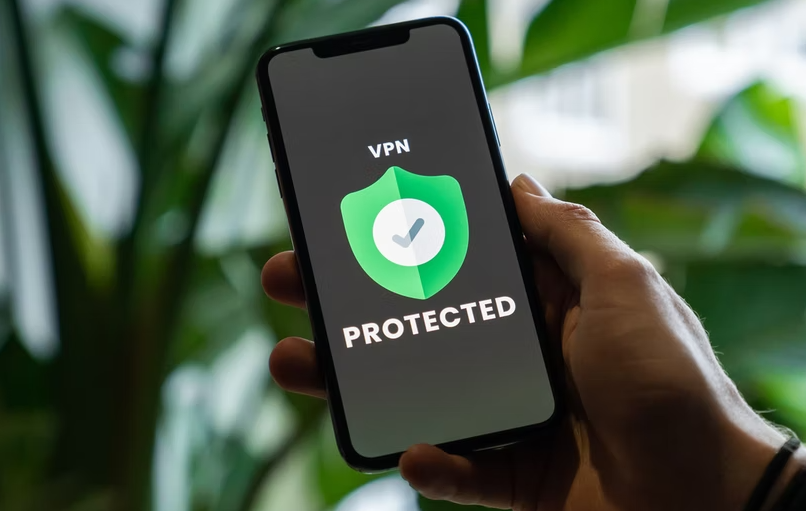
VPNs allow you to access certain websites that are restricted by country. Although it is helpful, it can bring down your connection's speed.
This happens even though there are VPN providers that claim the opposite. So why and how does a VPN slow down your internet connection?
What Affects the VPN Speed?
According to HowtoGeek, even though some providers claim that their VPN can boost your internet connection, the fact is that VPNs will always cause some loss of internet speed. The question now is, how much speed is lost?
When a VPN is said to be fast, it loses less speed than its competitors do. There are three main reasons why VPNs slow down your internet connection.
Also Read: Why should I use a VPN for Torrent?
Distance of the Device to the VPN Server
The biggest issue that affects internet speed when using a VPN is the distance between you and the server, and the bigger the distance, the worse the loss, according to Tom's Guide.
So if you are in one state, a server in another state will make you lose less speed, especially if the server is in another country.
This is because, as ethereal as data may seem, it still needs to obey the basic laws of physics. When you are surfing the web, you are sending and receiving packets of data, and they need to travel to and from you. The longer the route, the longer the delay between the call and response, which is why it slows down.
You can see this when you test your speeds. You can connect to a server nearby and then to one further away.
Chances are, the first server will give you a fast year result than the second. If it does not, one of the other factors could be at play.
The Server Load
Another factor in VPN slowdowns is the load on the server you are connecting to. A server can only handle so much traffic, so the closer you get to that cap, the bigger the slowdown will be. There is no way around it, according to T3.
As a result, if you connect to a server just a couple miles away from you that is close to capacity, you may get a worse result than a server in another country that does not have users.
Out of all the factors, this is the one that VPN providers themselves most influence. A good service will invest in better infrastructure so users won't suffer any slowdowns due to server load.
The Encryption and Protocol
The final factor that affects your VPN speed is the protocol and the encryption that is used. Even though it is not as important as distance and server load, it plays a part.
This is because when you use a VPN, you are sending your information through a VPN tunnel. Before sending, packet data are encrypted and then decrypted when they get to their destination.
It is not a lot, but the process takes time, and in conjunction with other factors, it eventually adds up.
Heavier encryption takes longer to encrypt and decrypt, so that plays an important part, as does the protocol used.
This is partly because the VPN protocol determines the level of encryption but also because some are faster than others.
Related Article: What Is A Dedicated IP VPN? Why Do You Need One?
This article is owned by Tech Times
Written by Sophie Webster
![Apple Watch Series 10 [GPS 42mm]](https://d.techtimes.com/en/full/453899/apple-watch-series-10-gps-42mm.jpg?w=184&h=103&f=9fb3c2ea2db928c663d1d2eadbcb3e52)



